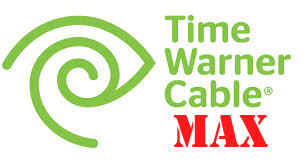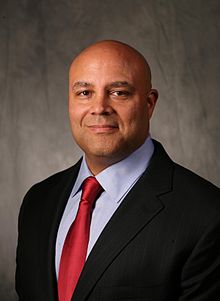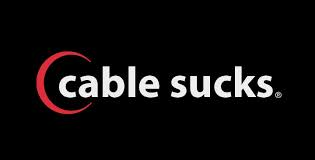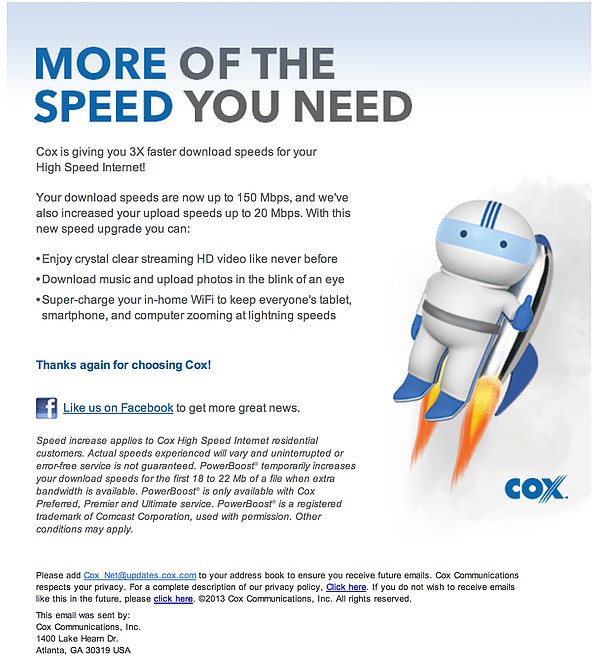
Moffett
Wall Street is worried the cable industry will not be able to report major subscriber gains going forward because just about every middle/upper-income customer that wants broadband within cable’s footprint already has the service from either the phone or cable company.
Cable analyst Craig Moffett from MoffettNathanson Research predicts singing up the last 20% of Americans who don’t subscribe to broadband service will be challenging. As of today, 73% have the service, up 2.5% from last year. An increasingly anemic growth rate is a sign the marketplace is getting saturated, with only low-income Americans underrepresented, primarily because they can’t afford the asking price. Most of the rest don’t own or want computers or Internet access or live in a rural area where the service is unavailable.
Under these circumstances, it is no surprise broadband providers are reporting lower new customer gains. Time Warner Cable and Cablevision actually lost broadband customers in the third quarter, mostly to Verizon FiOS. For the last five years, the cable industry has picked up most of its broadband customers from phone companies offering only DSL service.
“To be sure cable is still taking share [from telco DSL] but it is doing so at a much more modest pace,” Moffett said.
The industry’s best chance for new subscriber growth appears to be bundling computers or tablets with an entry-level broadband offering targeting the poor.
Although cable companies are not supplying free PCs just yet, many are introducing relatively slow, budget-priced broadband tiers to attract lower-income subscribers.
Time Warner Cable introduced a $14.95 2/1Mbps broadband tier this month the company hopes will attract price-sensitive customers, especially those now subscribed to low-speed DSL.
Comcast has Internet Essentials, a $10 slow speed broadband service for families with children enrolled in the federal student lunch program. It is also rolling out a “prepaid Internet service” directly targeting low-income customers. Prepaid customers pay $69.95 for an activation kit containing a DOCSIS 3 modem and a month of broadband service. Renewals are priced at $15 for a week or $45 for a month for 3Mbps service with a 768kbps upload rate.
Most other cable providers offer entry-level broadband speeds, but usually only as a retention tool. Even if the industry custom-targets low-speed tiers to low-income homes, many customers may never make it past the cable industry’s credit check procedure. Comcast’s prepaid offering avoids that problem.


 Subscribe
Subscribe


 Comcast is also moving forward with plans to share your in-home Wi-Fi with other customers, configuring company-supplied gateways to offer a second, open access Wi-Fi channel. Comcast currently charges customers $7 a month for the XFINITY Wireless Gateway, combining a DOCSIS 3 cable modem, a telephone eMTA, and a wireless router.
Comcast is also moving forward with plans to share your in-home Wi-Fi with other customers, configuring company-supplied gateways to offer a second, open access Wi-Fi channel. Comcast currently charges customers $7 a month for the XFINITY Wireless Gateway, combining a DOCSIS 3 cable modem, a telephone eMTA, and a wireless router.

 Cox Communications today officially unveiled broadband speed increases along with free cloud storage without adjusting data plan usage allowances for customers who take advantage of the service enhancements.
Cox Communications today officially unveiled broadband speed increases along with free cloud storage without adjusting data plan usage allowances for customers who take advantage of the service enhancements.
